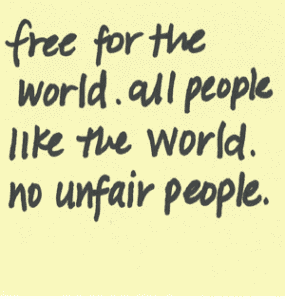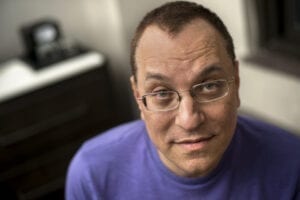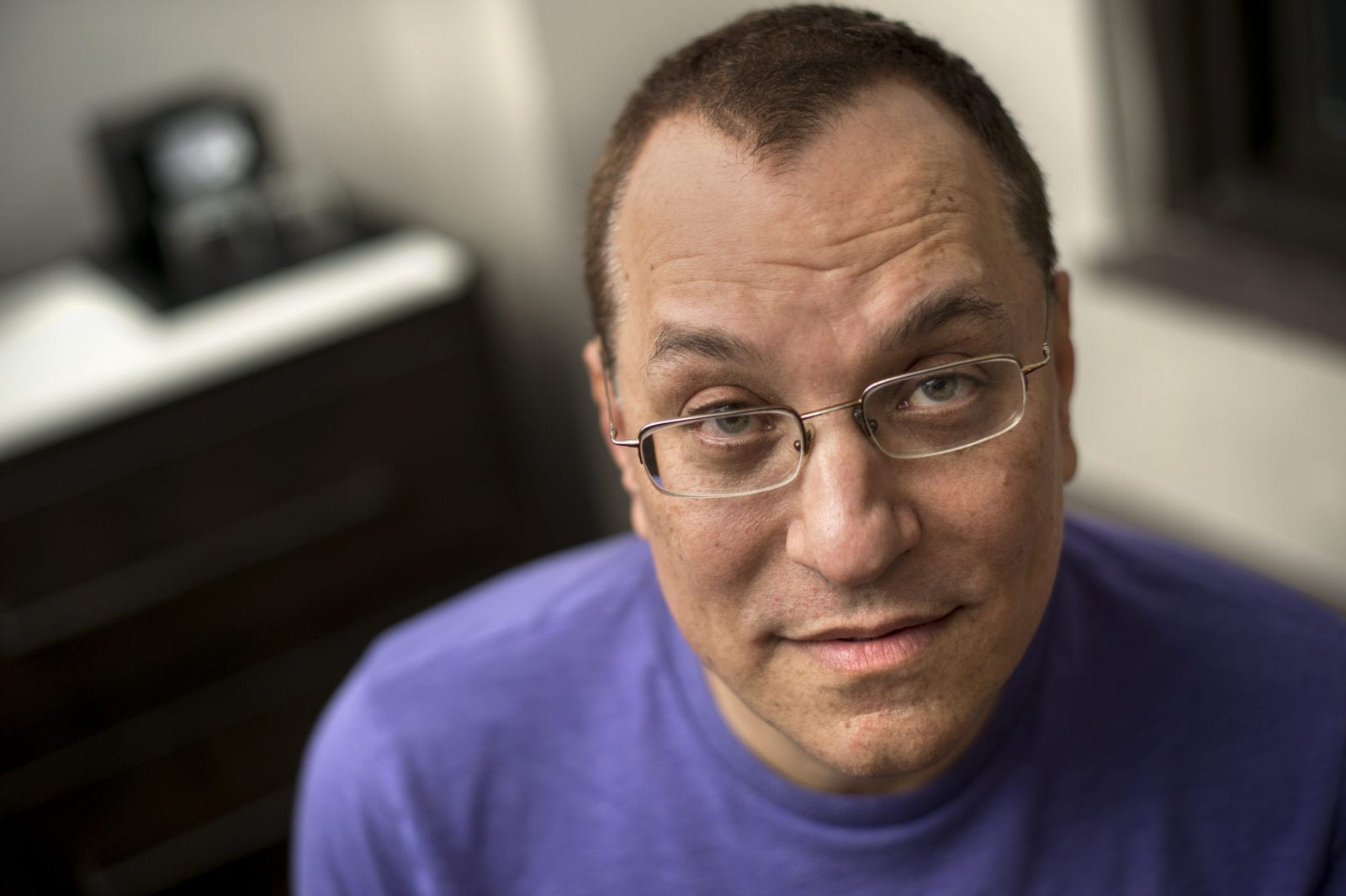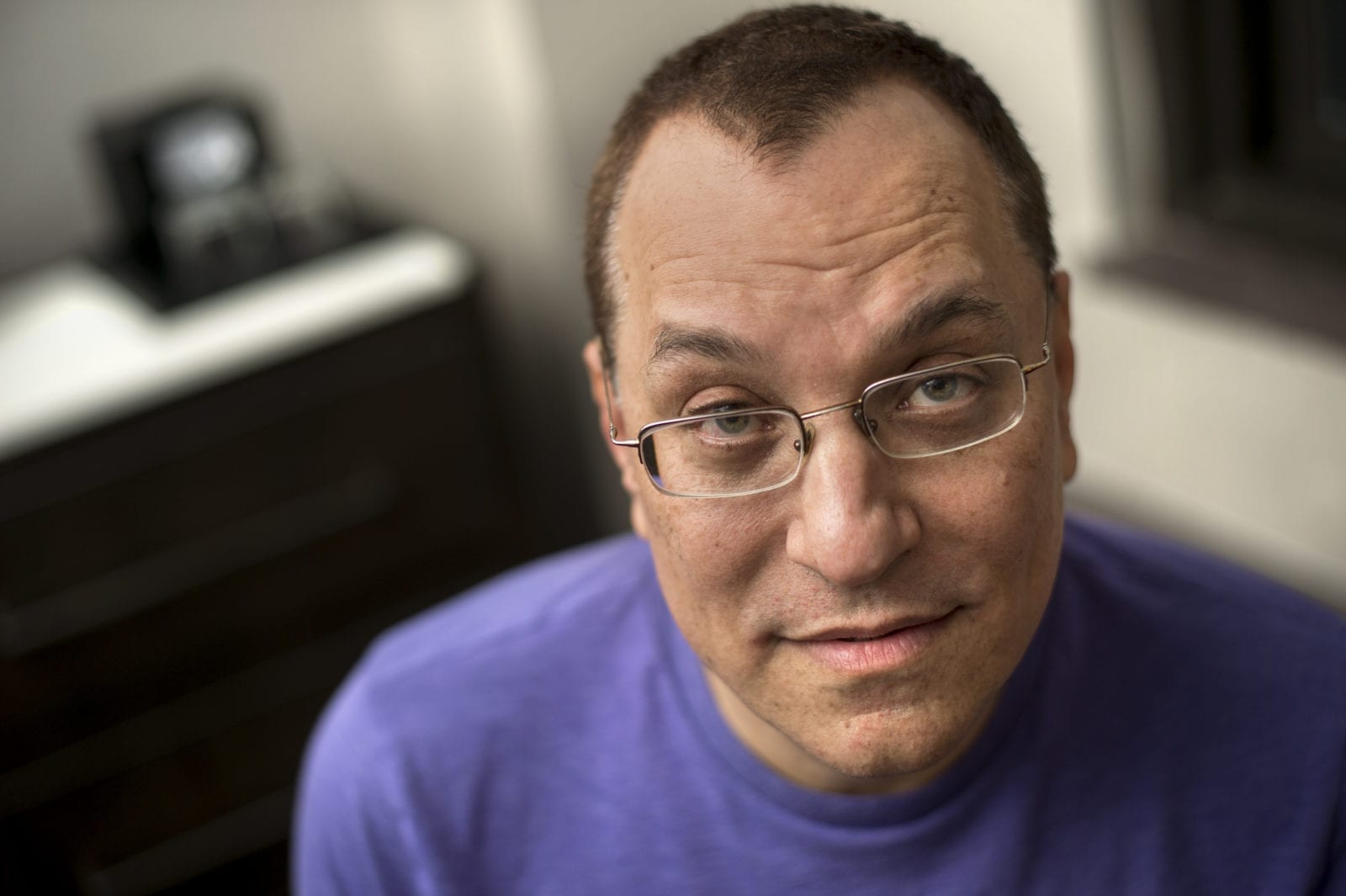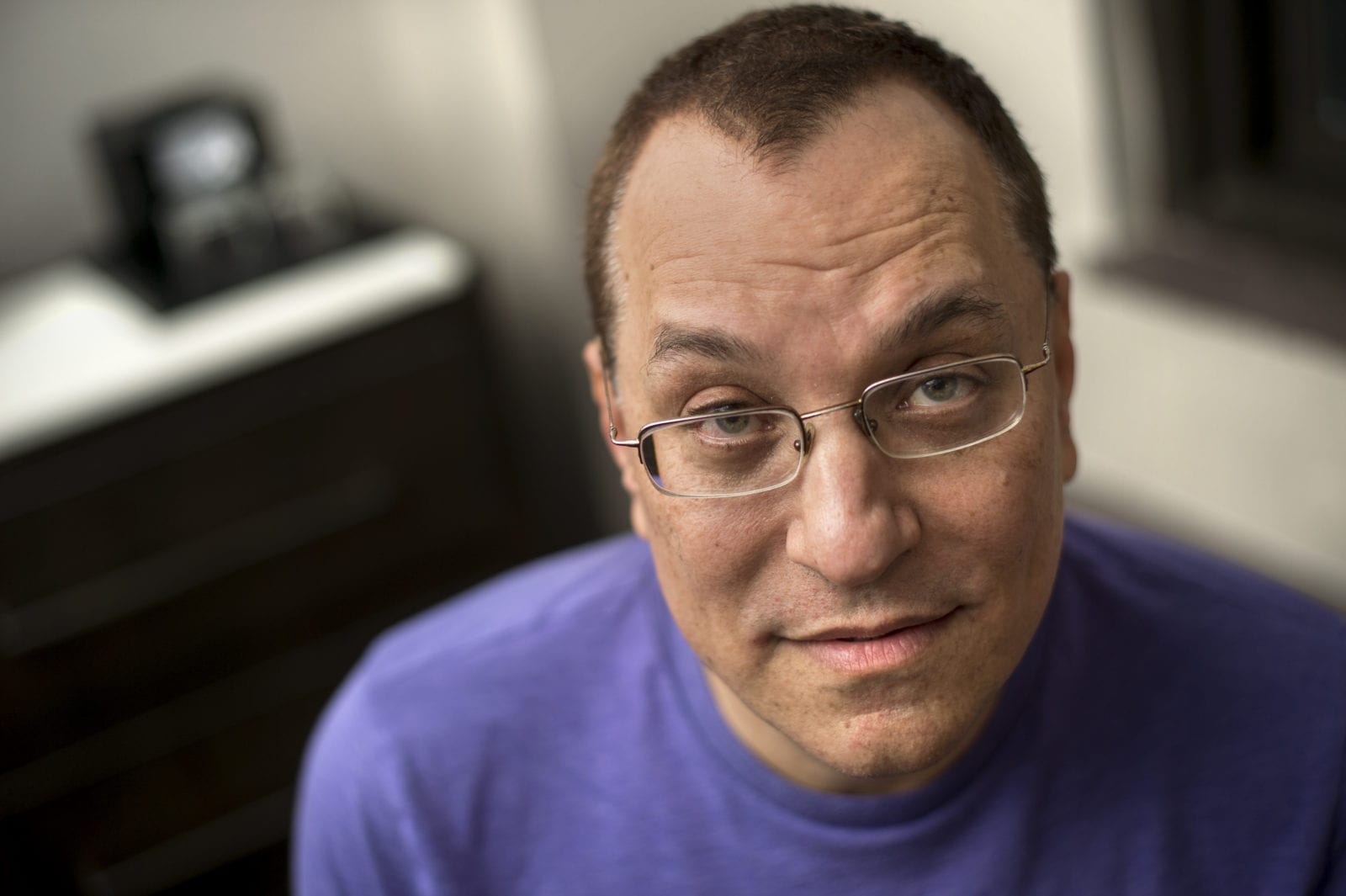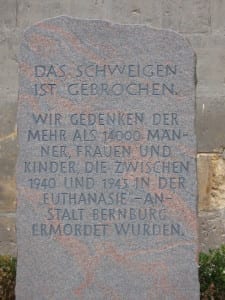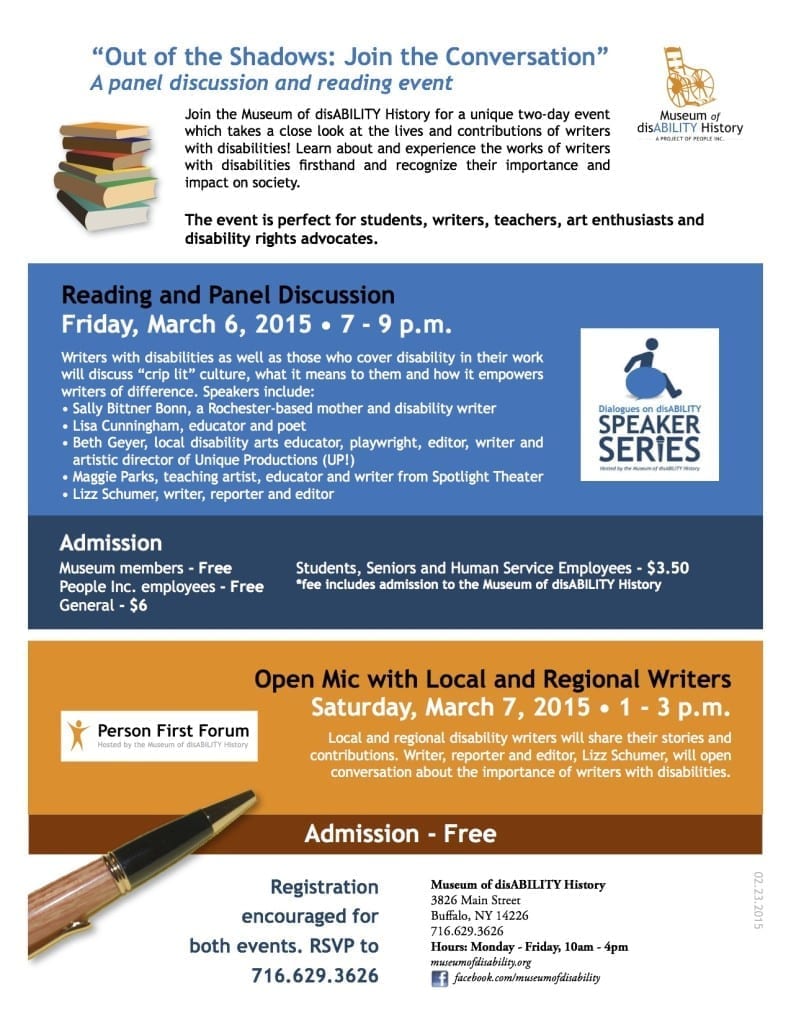Disable the Stairs. Disable the Stares. Disable the Barriers. This summer MFAW-VT faculty member Kenny Fries advised a great team of Master’s Branding students at SVA. Their thesis project, Disable the Barriers, is now up and running. Disable the Barriers is an unaffiliated global collective that aims to provide tools in support of people… Continue reading MFAW-VT Faculty Member Kenny Fries Advises SVA Students’ Project on Disability
Tag: Disability studies
MFAW-VT Faculty Kenny Fries Posts a Piece on Disability and Diversity Online at MEDIUM
MFAW-VT faculty member Kenny Fries has published a response to Lionel Shriver’s recent attack on Penguin/Random House UK’s push for diversity online at Medium. The piece is called “The Exclusivity of Inclusion: On Disability and Diversity” In the article he quotes fellow faculty member Reiko Rizzuto. Fries’ article is a response to Lionel Shriver’s screed… Continue reading MFAW-VT Faculty Kenny Fries Posts a Piece on Disability and Diversity Online at MEDIUM
MFAW-VT Alumna Lizz Schumer in Ploughshares!
MFAW-VT alumna Lizz Schumer’s essay, “Communion in Disability Poetics” appears in the latest issue of Ploughshares. Here’s a glimpse: “Many disabled poets also ascribe to the social model of disability, which emphasizes that disability is not an inherent “defect,” but is instead a reckoning with a set of barriers—both physical and behavioral—that have been erected… Continue reading MFAW-VT Alumna Lizz Schumer in Ploughshares!
Creative Writing Faculty Anthology, “Alchemy of the Word” News from Kenny Fries
We’re pleased to announce that Los Angeles Review of Books has posted a selection by Kenny Fries from the new edition of our Goddard MFA in Creative Writing faculty anthology, Alchemy of the Word. The book is available from the publisher website, GenPop Books or from Amazon. This is how it begins: “In the summer of… Continue reading Creative Writing Faculty Anthology, “Alchemy of the Word” News from Kenny Fries
Disability Representation in Literature: Beyond “The Fries Test”
As a disabled writer, for over two decades I’ve looked at how disability is represented in our literature. This interest has taken me across the globe, with a special focus in disability representation in Japan, and more recently in Germany. I’ve taught classes and given talks on disability representation at many universities and conferences in North America, Japan, and Europe.
The Fries Test: On Disability Representation
Twenty years ago, I edited Staring Back: The Disability Experience from the Inside Out, the first commercially published multi-genre anthology of writers with disabilities writing about disability. The anthology was published by Plume. In the introduction, I wrote: “Throughout history, people with disabilities have been stared out. Now, here in these pages — in literature of inventive form, at times harrowingly funny, at times provocatively wise — writers with disabilities affirm our lives by putting the world on notice that we are staring back.”
In The New York Times, Goddard Faculty Member, Kenny Fries asks: “What Kind of Society Do We Want to Be?
Online today at The New York Times, Goddard MFA faculty member Kenny Fries asks: “What kind of society do we want to be?” In “The Nazis’ First Victims Were the Disabled,” Kenny Fries writes about the echoes of the extermination of the “unfit” carried out by the Third Reich, the importance of disability history and its relationship to… Continue reading In The New York Times, Goddard Faculty Member, Kenny Fries asks: “What Kind of Society Do We Want to Be?
Dear Young Disabled Writer and Disabled Writers Not Yet Born,
Goddard MFAW faculty Kenny Fries: Dear Young Disabled Writer and Disabled Writers Not Yet Born,
You might ask: What does this have to do with the disturbing results of the recent U.S. election? Why is this story important for me to impart to you at this time?
When I was born in 1960 nobody knew whether I would live or die. When, after four weeks in an incubator, my parents were able to take me home, nobody knew whether I’d be able to walk.
Now, here I am fifty-six years later, alive and, most of the time, still walking.
Contested Spaces
Kenny Fries, Goddard MFA faculty member living in Berlin, visits “Homosexualität_en” exhibit at the Deutsches Historisches Museum and the Schwules Museum: “I was reminded of how the word “homosexual” was used for the first time around the same time as the word “normal,” and how historically the issue of “cure” has pertained to both homosexuality and disability. I noted how there have been laws “outlawing” both homosexuality and disability, including the “ugly” laws in the United States, which made it illegal for disabled people to appear in public. Most of these laws were not repealed until the 1970s. Chicago’s 1911 ordinance that stated, “It is hereby prohibited for any person who is diseased, maimed, mutilated, or deformed in any way so as to be an unsightly or disgusting object to expose himself to public view,” was the last to be repealed, in 1974.”
Some of What A Faculty Advisor Does on Leave . . .
…well, at least some of what this Faculty Advisor does on leave. This past week Professor David Mitchell, George Washington University, brought his “Disabled People and the Holocaust” class to Berlin. The class is especially interested in how what happened to those with disabilities in Germany under the Third Reich still affects people today, something… Continue reading Some of What A Faculty Advisor Does on Leave . . .
Out of the Shadows: Join the Conversation
by Lizz Schumer Stephen Hawking once said, “Sometimes I wonder if I’m as famous for my wheelchair and disabilities as I am for my discoveries.” And it’s true that Hawking’s face is as recognizable as his science; as is Einstein’s, as is Ben Franklin’s. But would anyone know Einstein without his characteristically crazy hair, or… Continue reading Out of the Shadows: Join the Conversation
Disability Theater: A Note from Berlin
The past five months, I’ve been in Berlin researching a new book. Much of my time is spent learning about difficult things, such as how disabled people were killed under the Nazi Aktion T4 program. But much of my time is also spent partaking in the extraordinary cultural riches of Berlin. The past few years,… Continue reading Disability Theater: A Note from Berlin
Toronto Arts Council grant to Kenny Fries
Kenny Fries received a Toronto Arts Council grant for his new Germany-based book, Stumbling Over History. He also had a poem, “An Opening,” up at Good Men Project. He also presented “Different Bodies,” at the University of Applied Sciences in Bochum, Germany on November 4, 2014 and was invited to speak by Dr. Theresia Degener, Professor of… Continue reading Toronto Arts Council grant to Kenny Fries
